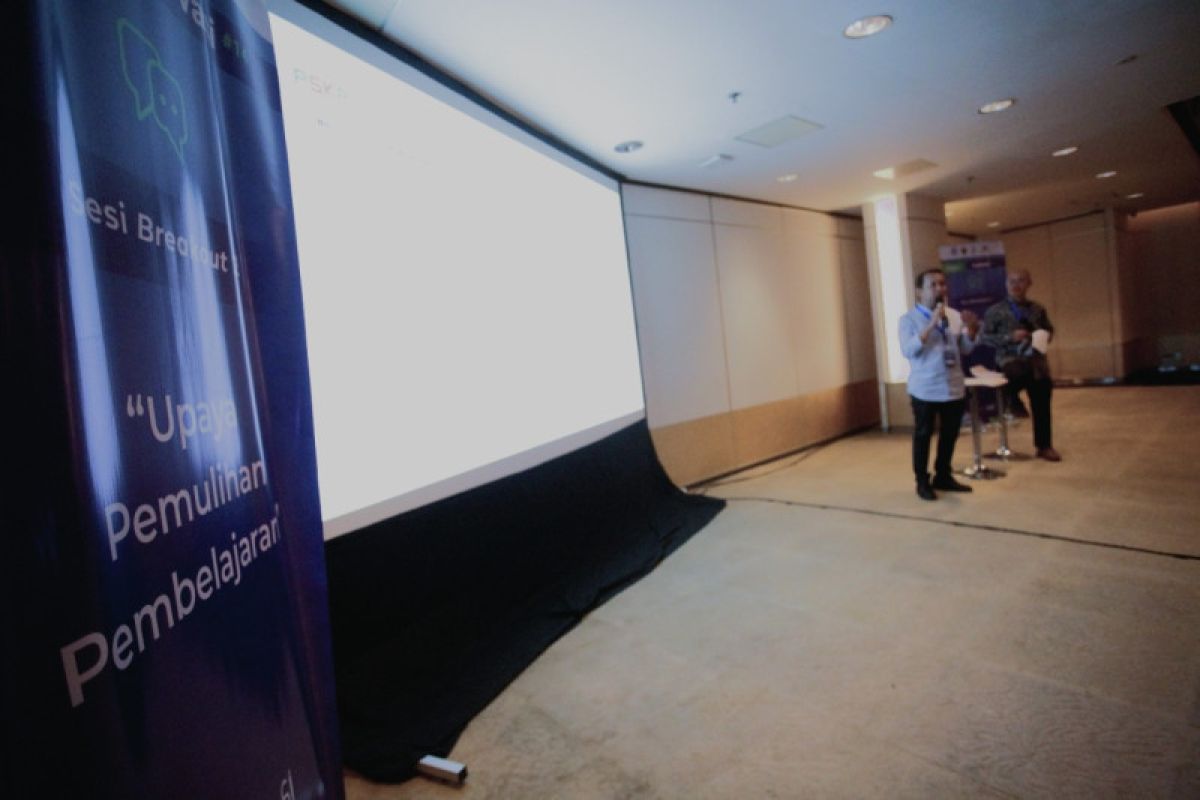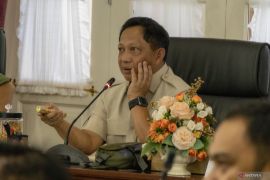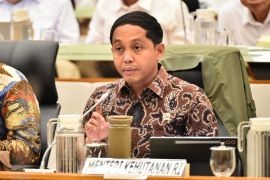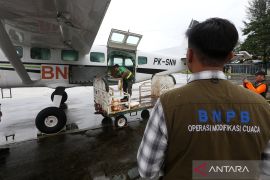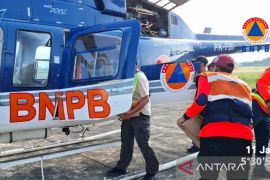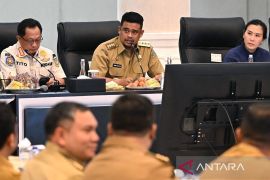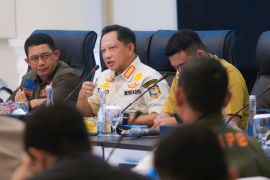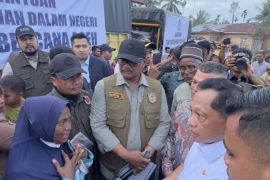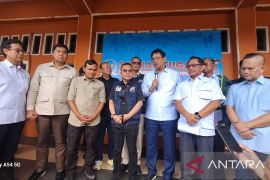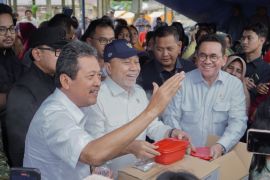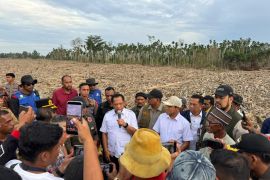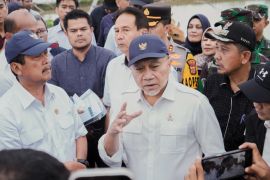"The COVID-19 pandemic that has been going on for the last two years is a challenge for schools in carrying out learning (activities). The ministry has made policies, including the Independent Curriculum, as options for learning recovery," he noted in a written statement on Wednesday.
According to Solihin, the Independent Curriculum makes schools more focused on essential learning materials and competency building.
In addition, learning becomes more in-depth and meaningful. Teachers and students can have space in learning that aligns with the learning achievements of students. Learning activities can also become more relevant and interactive.
Solihin stated that the provision of essential learning materials could become a focus for teachers to recover the loss in learning during the COVID-19 pandemic.
He noted that apart from implementing the right curriculum, schools and education offices also need to identify problems, reflect on the results achieved, and make improvements if problems are found.
Thus, efforts to transform learning and boost learning outcomes, especially in literacy and numeracy, can run well.
"Literacy and numeracy are essential aspects for students to learn better at the next level," he remarked.
Meanwhile, Acting Head of the Education Office of Tana Tidung, North Kalimantan, Irdiansyah, stated that assessment conducted at the start of learning and differentiated learning can encourage improvement in student learning outcomes.
According to Irdiansyah, collaboration between central and regional governments, including technical implementing units in provinces, as well as development partners and the private sector, also plays a significant role in supporting schools and students in learning activities.
Related news: Ministry pushes five qualities in teaching
Related news: Freedom in Learning Program supports quality education: BSKAP
Translator: Martha Herlinawati, Raka Adji
Editor: Rahmad Nasution
Copyright © ANTARA 2022
